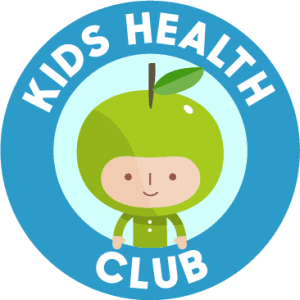Children’s Dyslexia – Signs & Symptoms
If your child struggles in the classroom with tasks such as reading, writing and mathematics they may have childhood dyslexia. Children with childhood dyslexia can’t complete tasks as easily as their peers. This can lead them to thinking they are ‘dumb’ or ‘stupid’ which can have a long term negative impact on their self-esteem. It’s important to remember that intelligent people can have childhood dyslexia too. Signs & Symptoms of Children’s Dyslexia include: ✅. Inability to follow through on instructions✅. Clumsiness✅. Dislikes reading or finds reading hard✅. Failure to recollect facts✅. Difficulty sustaining attention in tasks or play activities✅. Difficulty learning new...







 Kids Health Club
Kids Health Club